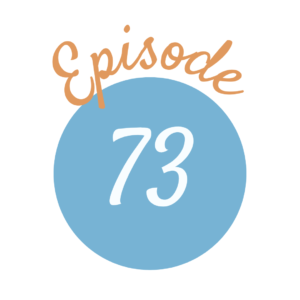
Listen Now:
“Again, we need not always insist that a book should be written by the original thinker. It sometimes happens that second-rate minds have assimilated the matter in hand, and are able to give out what is their own thought (only because they have made it their own) in a form more suitable for our purpose than that of the first-hand thinkers. We cannot make any hard and fast rule––a big book or a little book, a book at first-hand or at second-hand; either may be right provided we have it in us to discern a living book, quick, and informed with the ideas proper to the subject of which it treats.” (Vol. 3, p. 178)
“For the mind is capable of dealing with only one kind of food; it lives, grows and is nourished upon ideas only; mere information is to it as a meal of sawdust to the body; there are no organs for the assimilation of the one more than of the other.” (Vol. 6, p. 105)
“But we are considering, not the religious life of children, but their education by lessons; and their Bible lessons should help them to realise in early days that the knowledge of God is the principal knowledge, and, therefore, that their Bible lessons are their chief lessons.” (Vol. 1, p. 251)
(Contains affiliate links)




Thank you for such an enjoyable and informative episode! May you please share what point in the day Mason's students had their personal Bible reading time (outside of the family's morning Bible lesson)? At what age would students begin to do this and did they follow a certain sequence of books/passages from the Bible?
Thank you very much!
Erika,
I Have never read any timetables of Mason for children's devotional
life, but recommend you begin with this chapter in School Education by
Mason:
http://amblesideonline.org/CM/vol3complete.html#3_13
-Liz
This was really helpful. I think early on I equated living book with something written in narrative form. My concern was that my students would only learn how to narrate in one format (story) and never learn to narrate descriptive or persuasive kinds of writings. I see that Ambleside Online by high school is including essays and you mentioned books of lectures. What other thoughts do you have for different kinds of readings for middle school/high school in particular that are not just stories?
Charlotte Mason's students read most of the following in middle and high school: Epic poetry, biography, Plutarch, Greek drama, essays of all kinds, travel accounts, historic documents, scientific literature (original publications, journals, periodicals), classic history, church fathers' writings.
We hope that gives you some ideas.